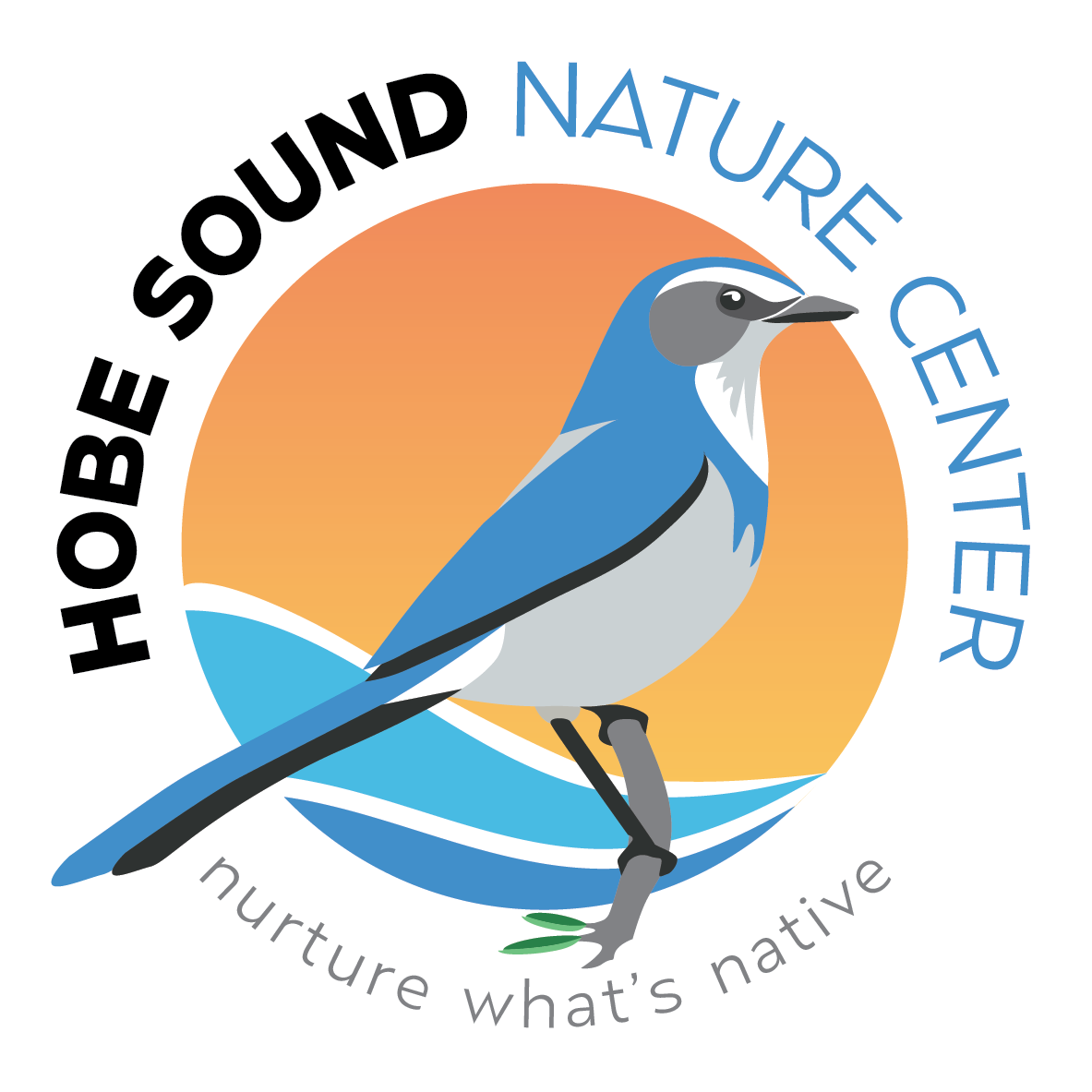Save the Floaty Potatoes
Printed in Hobe Sound Magazine, December 2023
By Jill Griffin, Ph.D., Executive Director, Hobe Sound Nature Center
(in cooperation with the Nathaniel P. Reed Hobe Sound National Wildlife Refuge)
Florida manatees are endearingly called “floaty potatoes” due to their plump physique and generally unhurried nature. In fact, there are many memes honoring this gentle giant’s playful moniker, typically encouraging humans to slow down, both literally and metaphorically. These inquisitive, herbivorous mammals have been around for millions of years, with all remaining species considered vulnerable to extinction.
From studying the behavior and bioacoustics of manatees under human care, to participating in the annual wild manatee health assessments in Crystal River, I am perpetually awed by the paradox of their gentle nature and their resilience in a world that is undeniably harsh. Despite being downlisted from endangered to threatened six years ago, the Florida manatee is currently facing one of the greatest threats to its survival – the loss of seagrasses.
Despite their large size, manatees have very little blubber to help keep them warm, which explains why they congregate near natural and anthropogenic sources of warm water during the winter. When exposed to temperatures below 68°F for more than a few days, they suffer from a syndrome called cold stress, which involves the systemic breakdown of their cells and tissues. I’ve witnessed many cases of cold stress, and it’s nothing short of heart-wrenching. Like all mammals, manatees must consume more food when they are cold to maintain a constant internal body temperature. Thus, they rely on a consistent supply of aquatic vegetation to survive, and their preferred and most nutritious source of sustenance includes various species of local seagrasses. When manatees are deprived of seagrasses during the warmer months of the year, they are forced to enter the winter season leaner than normal, resulting in the “perfect storm” for starvation.
The Indian River Lagoon (IRL) estuary, which stretches over 150 miles from Jupiter to the Ponce de Leon inlet, is a critical habitat for manatees. Over the past decade, the IRL has lost an estimated 65% of seagrass habitat due to poor water quality, which means manatees have been forced to feed on less nutritious and increasingly sparse aquatic vegetation. A record 1,100 manatees perished in 2021, marking the first time in documented history that manatees have died en masse from malnutrition and starvation. In fact, these events prompted the unprecedented and somewhat precarious decision by natural resource managers to provision, or feed, starving manatees. This decision was not taken lightly, as it’s a clear and calculated risk to associate their food with humans, capturing the unprecedented severity of the manatee’s most recent plight for survival. Though this program has ended, the greater issue of polluted water in the IRL remains unresolved. Experts and environmentalists argue that, to reverse this trend, Florida must undertake a massive effort towards comprehensive water quality reform.
However, it’s not all doom and gloom. We, as individuals, are capable of actively curtailing many of the current threats to manatees. When boating, always abide by the posted speed zones, wear polarized sunglasses to facilitate your ability to spot a manatee, and avoid shallow areas where seagrasses grow to mitigate potentially damaging these critical, submerged meadows. If you reside along a seawall, consider adding a “living shoreline” to the transition between your landscaping and the wall by planting natural, salt tolerant vegetation that absorbs and filters many of the chemicals out of runoff before it enters the sea. Lastly, never feed or water manatees. Though these actions are typically well-intentioned, they are not only illegal under federal law but also lures manatees into densely human populated areas they wouldn’t normally visit, where they experience increased risks of vessel collisions, entrapments, and entanglements.
The Florida manatee is our state’s iconic symbol of perseverance, gentleness, trust, and the inevitability of change. As we move into the winter months, let’s all commit to doing everything we can to safeguard these “floaty potatoes” for future generations.
If you encounter a sick, injured, or dead manatee, please call FWC’s Wildlife Alert Hotline at 888-404-3922.

